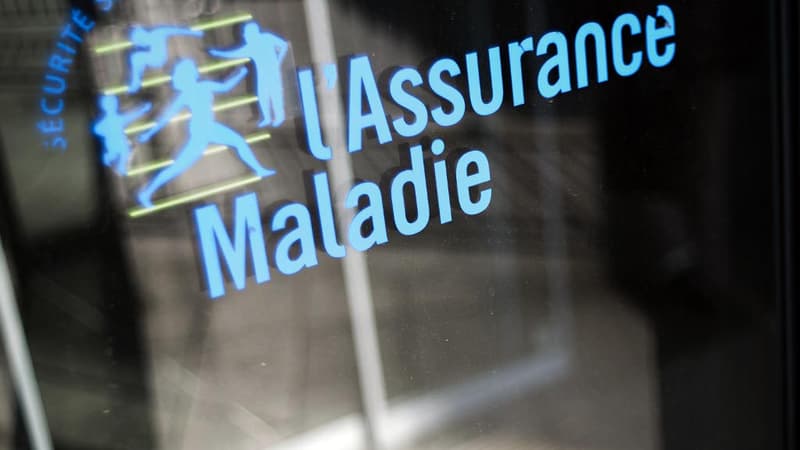Stop the bleeding in the hospital and appease the liberal caregivers, but curb spending as much as possible after the explosion of the Covid years: the Social Security budget for 2024, due to be presented next week, has all the ingredients of an impossible equation.
Restricted finances
After an abysmal deficit of almost 40 billion euros in 2020 due to Covid, Social Security (more than 600 billion euros in expenses) should reduce its losses to 7.8 billion in 2023, according to the latest forecasts from the Social Security Accounts Commission. But the “hole” could begin to widen again in 2024, the Court of Auditors warned.
Bercy is therefore today calling for a rigorous cure, particularly in health, where spending has been reduced by several billion in 2023.
New expenses in the hospital and in the city.
To compensate for inflation and salary measures aimed at stopping the flight of their staff (salary measures, better remuneration of night and weekend guards), hospitals demand a recovery of at least 3 billion euros by 2023. To 2024, the FHF (French Federation of Hospitals, which brings together public hospitals) and the Federation of Private Hospitals (FHP) request 5 billion euros of additional spending, an increase of 4.94% compared to 2023.
In the area of community healthcare, expenses have also increased more than expected, with a fall that would also amount to billions, according to parliamentary and professional sources. It will be difficult to stop the slide. In recent months, Health Insurance has negotiated price increases with various categories of caregivers, in exchange for compensation to combat medical deserts.
He should also quickly resume negotiations with liberal doctors this autumn: Health Minister Aurélien Rousseau promised that the 1.5 euro increase in consultations effective from November 1 was just a “step”.
Savings on medications: insured people pay
Given the “derivations” in spending on medicines, the Government would like to double the medical deductible – the rest is paid by social security for each box -, which currently amounts to 50 cents, as well as the fixed contribution to the doctor’s office, of one euro at the moment.
However, the maximum limit of 50 euros per year per insured for each of the two envelopes, beyond which everything is reimbursed, should not change. The government would thus earn about 500 million euros.
A gesture granted to the pharmaceutical industry
The executive intends to limit the “safeguard clause”, a financial contribution that pharmaceutical companies pay to Health Insurance when their drug billing increases faster than provided by law. It will be reduced to 1.6 billion by 2023 and will stabilize at this level next year.
Haro on work stoppages and social fraud
The cost of sick leave increased by 8.2% excluding Covid in 2022, and would be one of the main causes of the diversion of healthcare in cities in 2023. The government intends to stop, in particular by strengthening controls.
A “worse repayment” is not the preferred scenario at the moment, but “it is part of the possibilities,” said Aurélien Rousseau at the end of August. Fraud in social benefits is also in the crosshairs. The Court of Auditors quantified the embezzlement “of the order of 6,000 to 8,000 million euros” annually, while the controls mobilize “less than 3,400 agents” in all the funds.
No increase in taxes on alcohol
Increasing taxes on alcohol “is not part of the Government’s plans”, said Prime Minister Elisabeth Borne. In July, Bercy mentioned a route under study, with an estimated impact of “0.3 cents per bottle of wine”, more significant for strong alcohols.
The idea sparked protests from the majority, including Gironde MP Thomas Cazenave, who soon after became Minister of Public Accounts. Aurélien Rousseau also postponed possible increases in tobacco prices until “next year.”
Source: BFM TV


